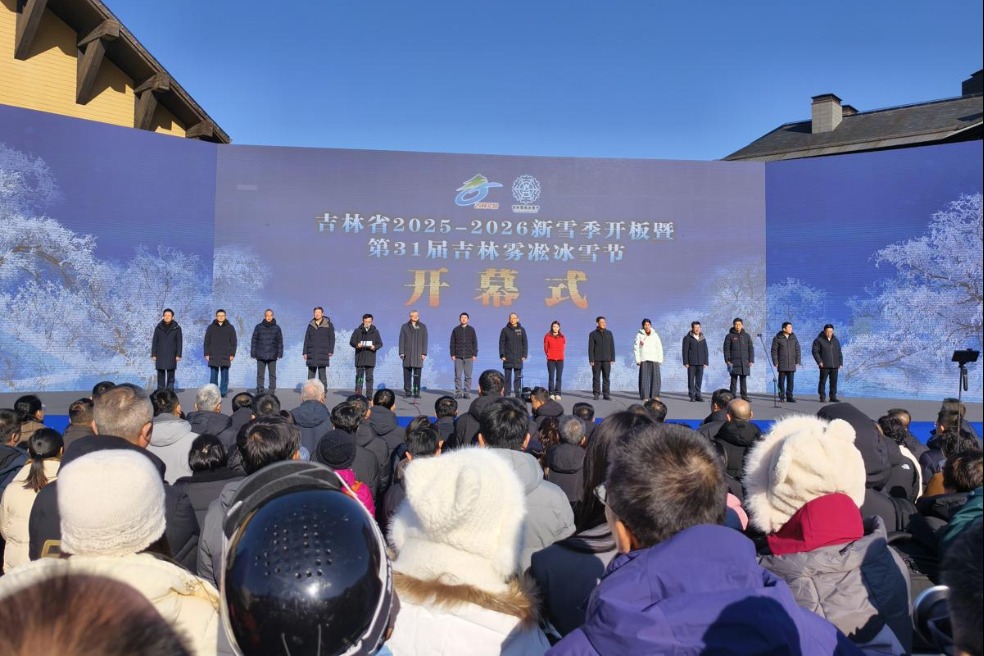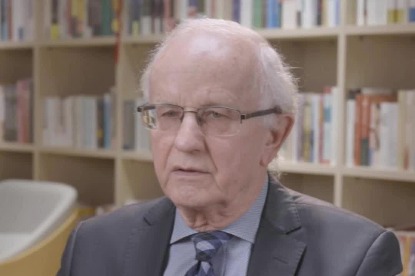China, Russia universities unveil joint institute in Chongqing


China's Chongqing University of Posts and Telecommunications and Russia's Far Eastern Federal University announced on Nov 4 the establishment of a joint institute.
The Joint Institute of Far Eastern Federal University and Chongqing University of Posts and Telecommunications was unveiled in Chongqing, where the two higher education providers will collaborate in the fields of information and communications.
According to Wang Yang, dean of the new institute, it is the first and only approved Sino-Russian cooperative educational institution in the field of engineering within these two regions (China's central and western regions and Russia's Far East).
Boris Korobets, president of Far Eastern Federal University, at the unveiling ceremony said: "The successful implementation of this project is a natural outcome of the China-Russia comprehensive strategic partnership. We are not simply establishing a joint institute; rather, we are meticulously creating a unique and harmonious educational ecosystem that organically integrates the essence of both academic traditions.
"Our shared mission is to transform the substantial intellectual capital of Russia and China into a driving force that leads in technology and industry standards, shaping a new paradigm for the global information space in the 21st century," he said.
The joint institute will offer a curriculum with four-year undergraduate majors in computer science and technology, digital media technology, and internet of things engineering, alongside three-year master's programs in information and communication engineering, computer science and technology, and control science and engineering.
Wang said the collaborative spirit of the endeavor aims to cultivate interdisciplinary talents equipped with international perspectives and practical skills. The institute will integrate resources from both universities in digital intelligence technology, involving enterprises from both countries to nurture talents critical for national strategies, he said.
The partnership's roots date back to 2023, when the universities signed a memorandum of understanding at an APEC international educational subforum during the 8th Eastern Economic Forum. By early last year, a formal cooperative education agreement was in place, leading to the swift approval by the Ministry of Education.
The joint institute has already enrolled its first cohort of 100 students in the IoT engineering program, drawing candidates from eight provinces and cities across China. Plans are underway to expand enrollment to approximately 1,650 students over the next four years, offering more young people access to high-quality international education.
Graduates of the program will receive degrees from both universities, with preferential placement in sectors such as information and communications, international business development, and related technological cooperation fields in both countries. This strategic focus ensures that the institute not only contributes to educational excellence but also supports economic and technological exchanges between China and Russia.
Wang said that as the joint institute embarks on this ambitious journey, it stands as a beacon of international cooperation, setting a new standard for Sino-Russian collaboration in engineering higher education.
According to a recent report by the Information Telegraph Agency of Russia, in the current academic year, over 56,000 Chinese students are studying in Russia, while more than 21,000 Russian students are studying in China.
On Aug 25, the education ministers of both countries exchanged views on deepening Sino-Russian educational cooperation. They reached a consensus on enhancing practical collaboration in areas such as interuniversity partnerships, joint talent development, collaborative research and language teaching.
Contact the writers at dengrui@chinadaily.com.cn
- China, Russia universities unveil joint institute in Chongqing
- Mystery of sticky lunar soil solved
- Blueprint put Fuzhou on track for transformation
- Report on Shenzhen-Jiangmen railway collapse documents regulation violations
- GX Foundation opens its global headquarters in Hong Kong
- China's success in development empowers Global South




































